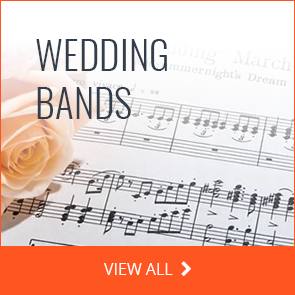1. Do not use verbs corresponding to a subject with a noun that is part of a sentence or amendment clause between the verb and the subject: a study (single subject) on African countries shows that 80% of the people (plural subject) of this continent (plural) live below the poverty line. 10. The only time the object of the preposition decides pluralistic or singular verbs is when nomic and pronoun themes such as “certain,” “mi,” “mi,” “no,” “no” or “all” are followed by prepositionphrase. Then, the object of the preposition determines the shape of the verb. I like the blog. You can`t wait to do it. But I think 16 is wrong today: I`m one of those eccentricities that aren`t twee. The subject is not an eccentricity and one of them and I are unique. Those who don`t tweet, yes, but I`m someone who doesn`t tweet. I don`t see how good it is.
6. If two subjects are bound by “and,” they generally need a plural form. The person in the person may be first, two and three. The verb changes depending on the number and person of the subject. After Grammatiken, Wren and Martin in “High School English Grammar and Composition” (120th edition in 1987), if the subject of the verb is a relative pronoun, the verb should correspond in number with the parent`s precursor. 19. Titles of books, films, novels and similar works are treated as singular and adopt a singular verb. Susan #16 is absolutely right. I am one of those eccentrics who involves others beside me, such a plural verb goes. As you can see in #17, the article “the” is used, I am the only one of my friends, which means that no one should follow a singular verb except me. 3.
Use individual verbs with unique indeterminate pronouns – “bodies,” “one” and “things” (everyone, nothing) and something like that: 3. As subject pronouns, “who” needs a verb. Here is the verb “do” or “does.” 10. Use plural verbs with inverted subjects (which start with the Expletif there, rather than the subject itself) that contain plural nouns: Therefore, the 20 rules of the reference agreement will vary a little according to the dialect. 10. Use plural verbs with inverted subjects (which begin with explivity, not with the subject itself) that contain plural nouns: 1. “Who” is a third person pronoun for the precursors of the singular and plural. ex: Who is this girl? (used as a singular prognosis) ex: Who are these girls? (used for plural forecasts) 5. Subjects are not always confronted with verbs when it comes to questions. Be sure to identify the pattern before selecting the correct verb form. 4.
Do you use plural verbs with indeterminate plural pronouns: are they? Leaving or leaving? Whether a verb is singular or plural depends on one of the complex factors. Here is a list of the rules for the subject verb agreement (or . here are some rules . . . 6. If two subjects are bound by “and,” they generally need a plural form. 20.
Use singular verbs in the construction of the forms “everyone (empty) . . . ” and “much has (empty) . . .”: 2. Use singular or plural verbs that correspond to the subject, not with the addition of the subject: 8. If one of the words “everyone,” “everyone” or “no” comes before the subject, the verb is singular.
9. If the subjects are both singular and by the words “or” or “neither”or”or,” “either/or,” or “not only/but also,” the verb is singular. 20. Use singular verbs in the construction of shapes. anyone (empty) . . . ” and “has a lot (empty) .
. . 4. When sentences start with “there” or “here,” the subject is always placed behind the verb. I do not agree with the last sentence. Yes, there are eccentrics who tweet – perhaps they are British train observers who tweet what they see – but it`s not the eccentrics we`re talking about.







